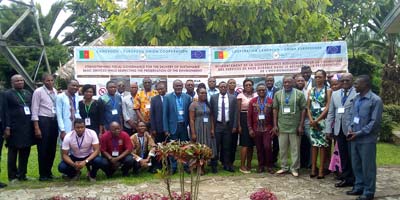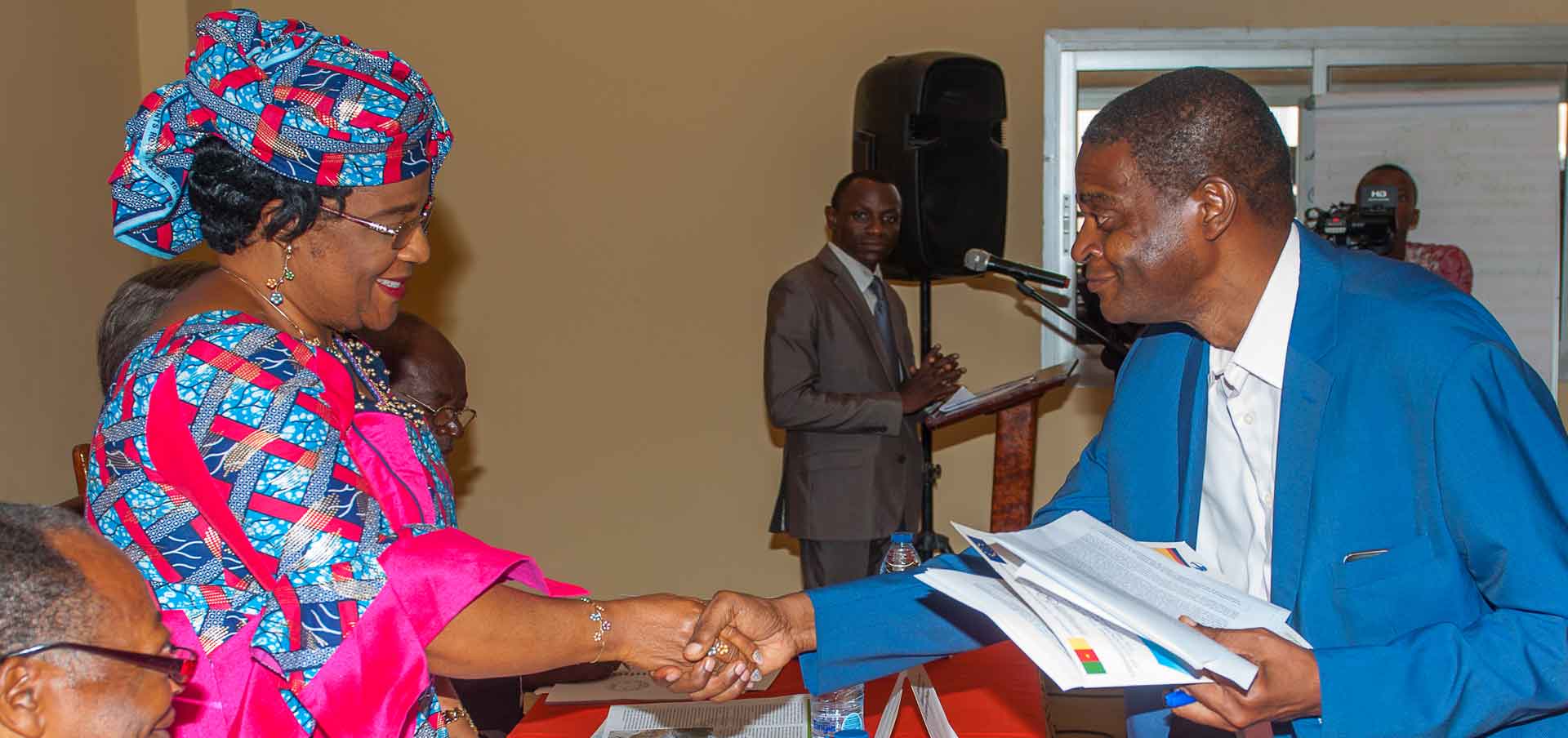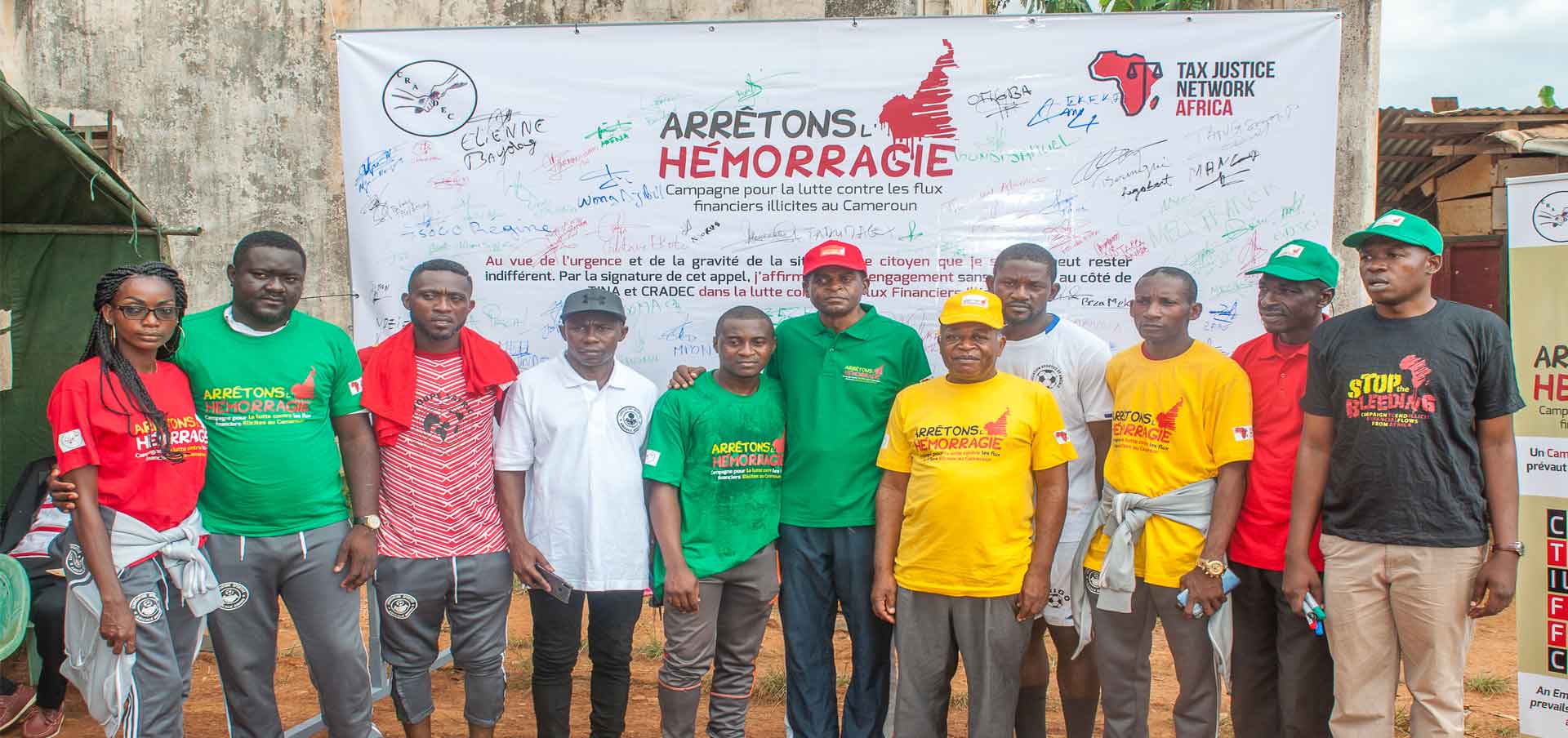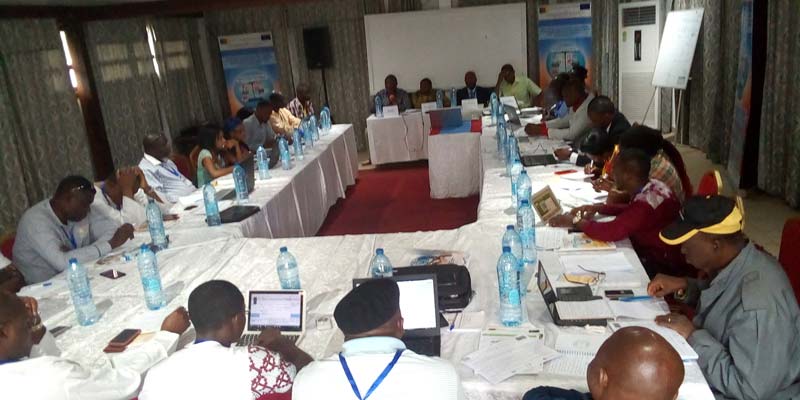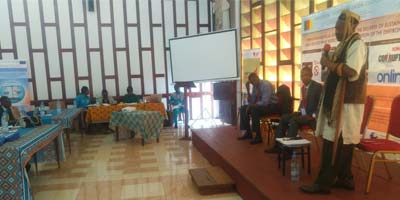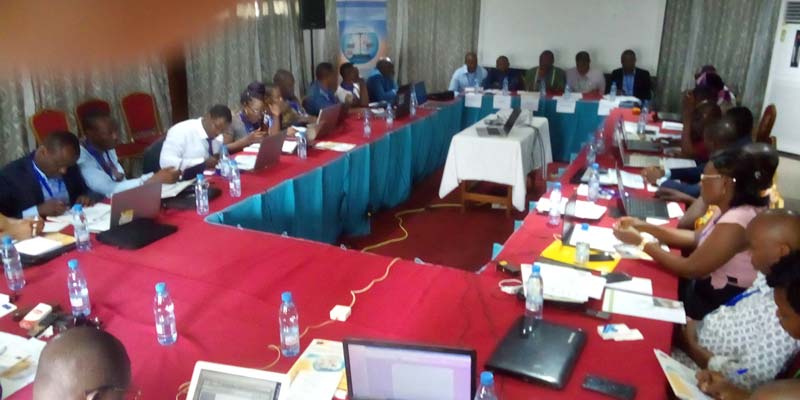The debate on media involvement in more responsible public debt management and sustainable development has so far been framed in positive terms and, in doing so, its contradictory dynamics are ignored.African countries must develop institutional mechanisms to foster and nurture a spirit and practice of partnerships and constructive, mutual engagement between the civil society and Medias.
These partnerships should recognize the media’s ultimate role to share informations in the national interest, whereas civil society expresses organized yet segmented interests of particular groups in the policy arena.
Africa is threatened with a debt crisis: two decades after debt restructuring under HIPC & MDRI. Gross government debt which reflects the total liabilities for countries to be debt free has been on a consistent rise in the African continent and for all regional economic communities for more than 20 years. It rose from about 192 billion USD in 2000, to over 1.5 trillion USD in 2020. This is way above the revenue earning potential for the region which stood at 43.2 billion USD and 457 billion USD during the same period. This is a clear indication that African countries have been borrowing above their earning potential – a situation that has been compounded by the outbreak of Covid-19 pandemic in 2020. Attempts to deal with this predicament beyond Heavily Indebted Poor Country Initiative (HIPC) and Multilateral Debt Relief Initiative (MDRI) include: (i) the Debt Service Suspension Initiative (DSSI) which postponed debt payment up to December 2021 to permit countries save up 2 resources to combat the adverse effects of covid19; and (ii) the G20 Common Framework for Debt Treatment Beyond DSSI which has only received a timid response for debt restructuring. The IMF has also issued 650 billion USD worth of special drawing rights (SDRs) which African countries are receiving only 5 percent with about 100 billion SDRs still expected to be recycled for the benefit of low-income countries through IMF channels such as Poverty reduction and Growth Trust and Resistance and Sustainability Trust. As it stands, these initiatives still leave much to be desired in terms of dealing with Africa’s debt predicament.
As free, independent, and responsible media, their role is to foster transparency in the management of public affairs and public resources, keeping in check governmental excesses, corruption, and mismanagement; empowering people; and providing independent information.A considerable number of citizens lack access to information despite this being a constitutional right and this among other consequences hinders their participation in public governance, in terms of assessing sustainable development services and calling for accountability. Therefore, journalists’ increased awareness and prioritisation of public debt management and sustainable development issues can potentially translate to increased quality and quantity reporting thus: (i) adequately informing citizens and (ii) challenging power holders on any decisions that do not prioritise people. They have the potential to play an outstanding role in (iii) creating and shaping public opinion and strengthening society.
Whether newspapers and other print media, radio and TV networks or new media actors needs develop their capacities in support of inclusive governance, sustainable development and peace, thus strengthening professionalism in the media sector, supporting the media’s ability to foster accountability and an informed citizen (including through investigative reporting) and enhancing media actors’ capacities to report effectively on a range of urgent development issues.
This calls for action within the media community to contribute to policies geared towards ensuring debt sustainability in Africa, thus the holding of the AFRODAD Media Initiative Training II, held in Yaounde last March 2022.




